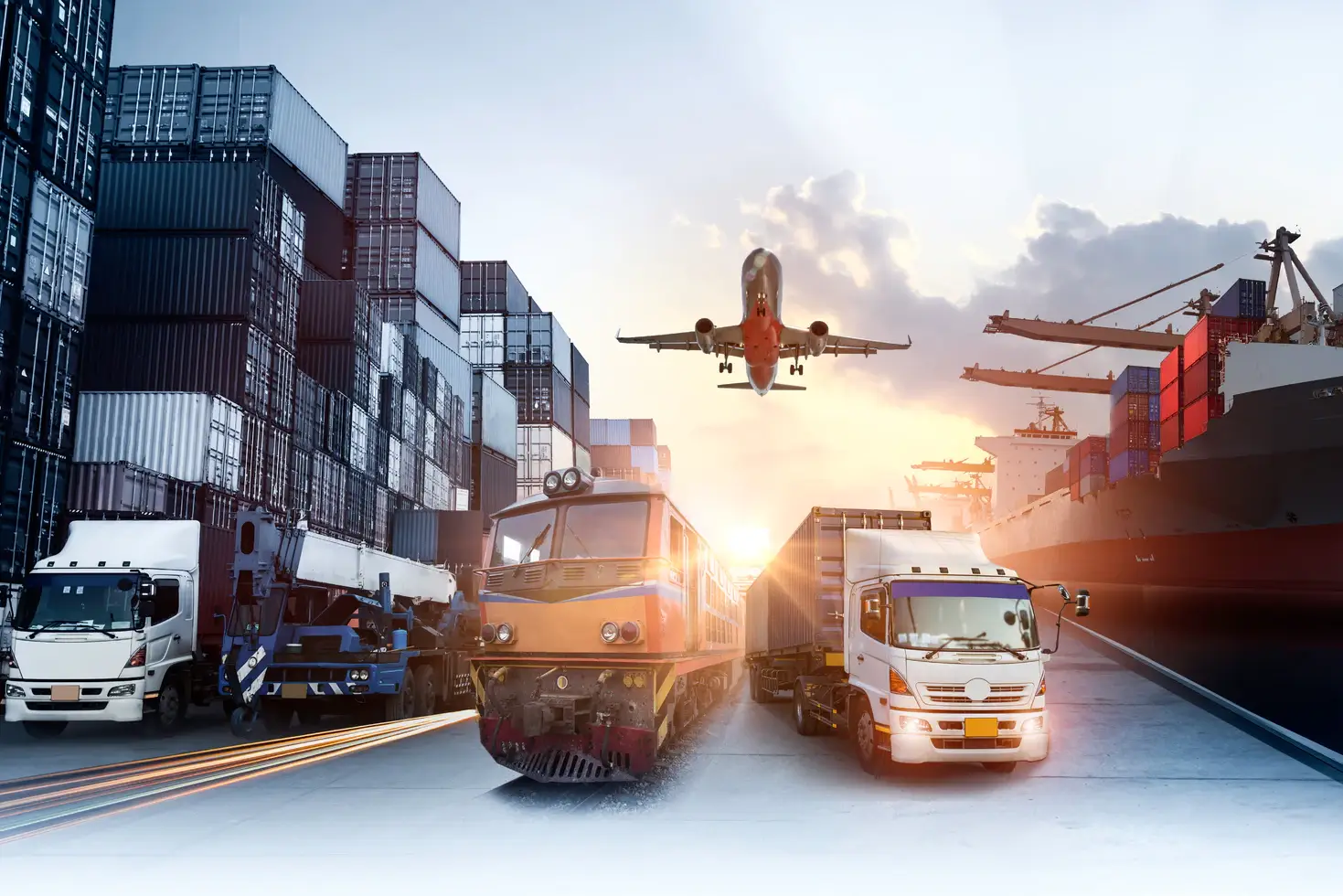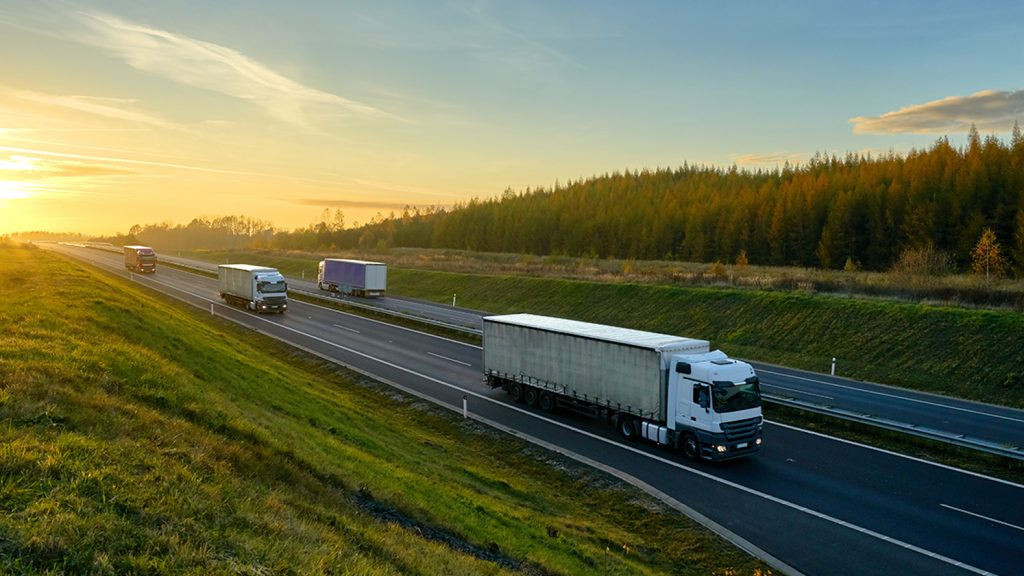Automation technology that once seemed years away is quickly evolving and emerging as a key component for the future growth of the global supply chain. Among the key innovations being watched closely by industry analysts are autonomous trucking. If development and testing continue apace, we may see self-driving trucks on our roads within the next few years, altering the ways in which many manufacturers and retailers deliver goods.
The Role of the Trucking Industry
The pandemic has proved how vital trucking is to our supply chain and overall economy. Trucks move nearly three-quarters of the total freight tonnage shipped throughout the United States. In the aftermath of the pandemic’s peak and the extreme demand, we are experiencing as the supply chain bounces back, the role the trucking industry plays in our economic growth has never been more valuable. The difficulties confronting the industry are numerous:
- Temporary closure of driving schools due to pandemic-related lockdowns
- High truck driver retirement rates
- Overall increase in consumer demand, which has strained the supply chain
- Heightened interest in improved work-life balance
- Historically less competitive pay
While autonomous trucking has been a topic of industry conversation for some time now, these challenges have fueled increased interest in this technology’s potential role in shaping the growth of the supply chain.
The Future of Trucking
It is widely believed that if self-driving vehicles are our future, autonomous trucks will likely be on the roads before cars. One manufacturer of autonomous freight trucks, TuSimple, predicts that their technology will be up and running by 2024. So what does this mean for the trucking industry?
To start, it means more trucks on the roads at once. Manufacturers and logistics companies are continually looking for ways to increase the amount of product transported on a day-to-day basis while remaining efficient and economical. Adding autonomous trucking into the mix will allow for deliveries to be made regardless of labor shortages and other delays. This not only helps when it comes to meeting the increasing consumer and commercial demand, it also has the potential to lower overall costs of goods and shipping fees.
Autonomous trucks also can move during off-peak hours, when drivers would normally be sleeping, helping to reduce traffic congestion — leading to safer roads and allowing for shorter travel times.
Are Trucking Jobs at Risk?
While many are excited about the benefits that autonomous trucking technology can bring to the supply chain and the economy at large, drivers and labor groups have expressed concern regarding the future of trucking careers.
Although it may seem like this technology does away with the need for professional truck drivers, this isn’t necessarily true. In many scenarios being proposed as autonomous trucking technology evolves, a driver remains a vital part of the equation. Even as the technology advances, there are safety concerns that may necessitate an onboard person to monitor the vehicle. But just as a commercial aircraft pilot can rely on autopilot technology, so will human drivers be able to rely on self-driving trucks to do more of the work over long stretches. This will make the job less taxing, enabling autonomous truck drivers to be more productive and make more deliveries — thus addressing some of the present driver shortage concerns.
Other Industry Automation Trends
Many companies are also looking at additional automation technologies to work in tandem with autonomous trucking to cut costs, enhance worker safety, and accelerate daily operations. Solutions some enterprises have adopted in their fulfillment centers include:
- Autonomous mobile robots
- Automated storage and retrieval systems
- Smart pallet wrappers
- Self-driving forklifts
- Drone technology
When looking to add automation to the workplace, managers must consider how best to select packaging and shipping assets that best complement these technologies. For example, when using palletizers and smart pallet wrappers, plastic pallets are typically a better option than wood. The plastic pallets offered by iGPS have no nails or protruding splinters, which make them flow through automated equipment more easily, with less likelihood of getting hung up.
The benefits of automation are clear. At a time when labor and quick transportation of products are in historically high demand, adding autonomous trucks to our roads could be a huge boost for the efficiency of our supply chain. We look forward to keeping an eye on this exciting trend.
Companies committed to a leaner and more streamlined supply chain use iGPS plastic pallets for all their shipping needs. Our lightweight, recyclable plastic pallets are ideal for automated environments and help reduce your Total Cost of Business. For more information, contact us at 1-866-557-0047, email a specialist at switch@igps.net, or visit our contact page.



